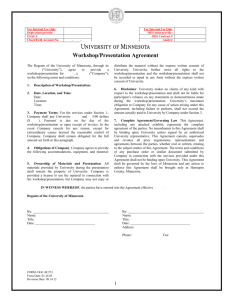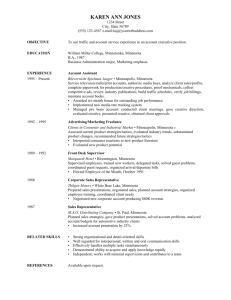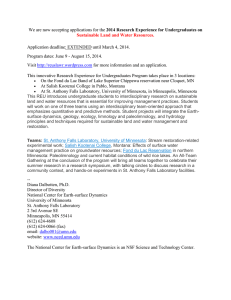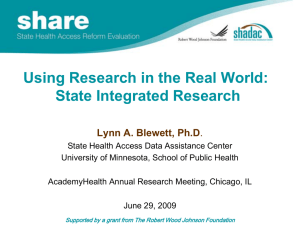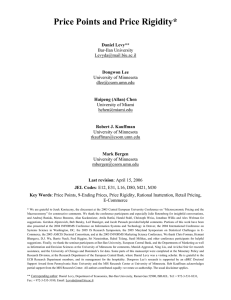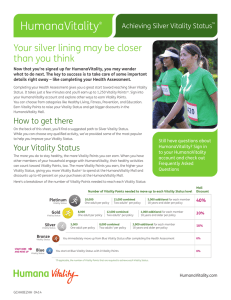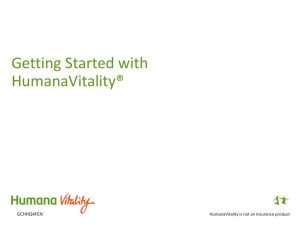Evaluating for Public Value through Impact Stories: Lessons Learned from... Most Significant Change evaluation project
advertisement
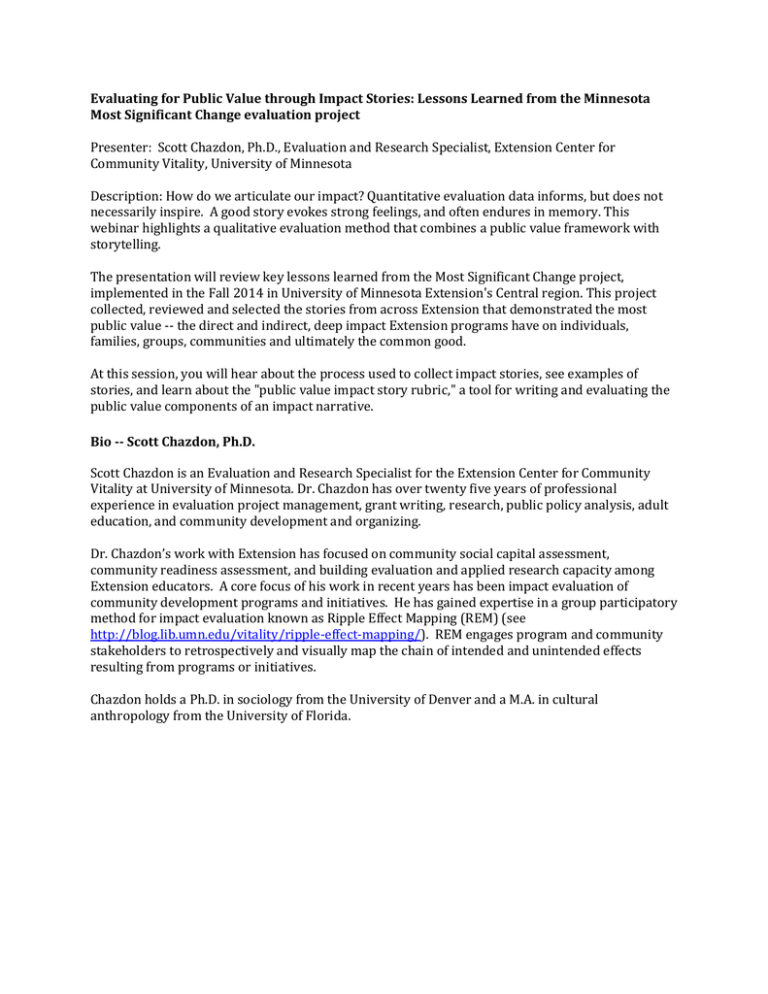
Evaluating for Public Value through Impact Stories: Lessons Learned from the Minnesota Most Significant Change evaluation project Presenter: Scott Chazdon, Ph.D., Evaluation and Research Specialist, Extension Center for Community Vitality, University of Minnesota Description: How do we articulate our impact? Quantitative evaluation data informs, but does not necessarily inspire. A good story evokes strong feelings, and often endures in memory. This webinar highlights a qualitative evaluation method that combines a public value framework with storytelling. The presentation will review key lessons learned from the Most Significant Change project, implemented in the Fall 2014 in University of Minnesota Extension's Central region. This project collected, reviewed and selected the stories from across Extension that demonstrated the most public value -- the direct and indirect, deep impact Extension programs have on individuals, families, groups, communities and ultimately the common good. At this session, you will hear about the process used to collect impact stories, see examples of stories, and learn about the "public value impact story rubric," a tool for writing and evaluating the public value components of an impact narrative. Bio -- Scott Chazdon, Ph.D. Scott Chazdon is an Evaluation and Research Specialist for the Extension Center for Community Vitality at University of Minnesota. Dr. Chazdon has over twenty five years of professional experience in evaluation project management, grant writing, research, public policy analysis, adult education, and community development and organizing. Dr. Chazdon’s work with Extension has focused on community social capital assessment, community readiness assessment, and building evaluation and applied research capacity among Extension educators. A core focus of his work in recent years has been impact evaluation of community development programs and initiatives. He has gained expertise in a group participatory method for impact evaluation known as Ripple Effect Mapping (REM) (see http://blog.lib.umn.edu/vitality/ripple-effect-mapping/). REM engages program and community stakeholders to retrospectively and visually map the chain of intended and unintended effects resulting from programs or initiatives. Chazdon holds a Ph.D. in sociology from the University of Denver and a M.A. in cultural anthropology from the University of Florida.


